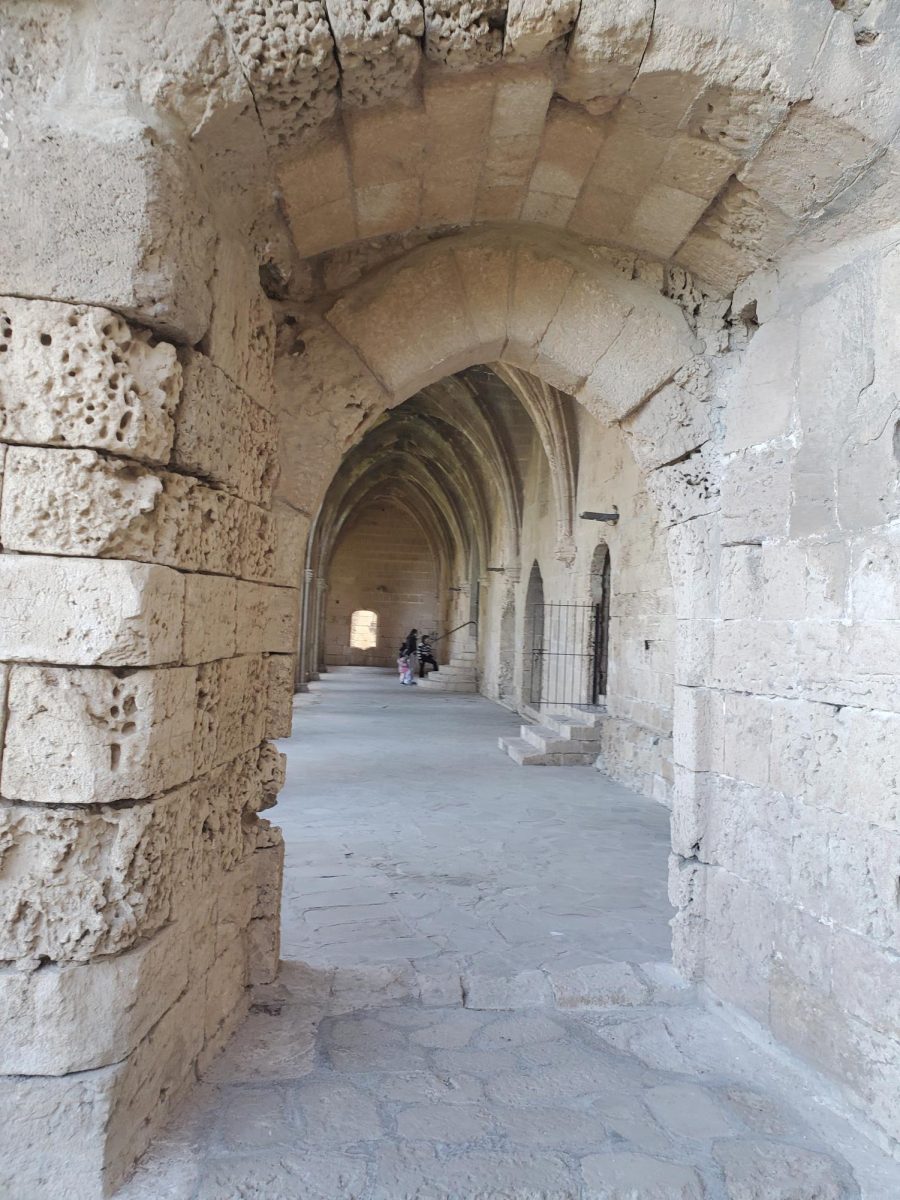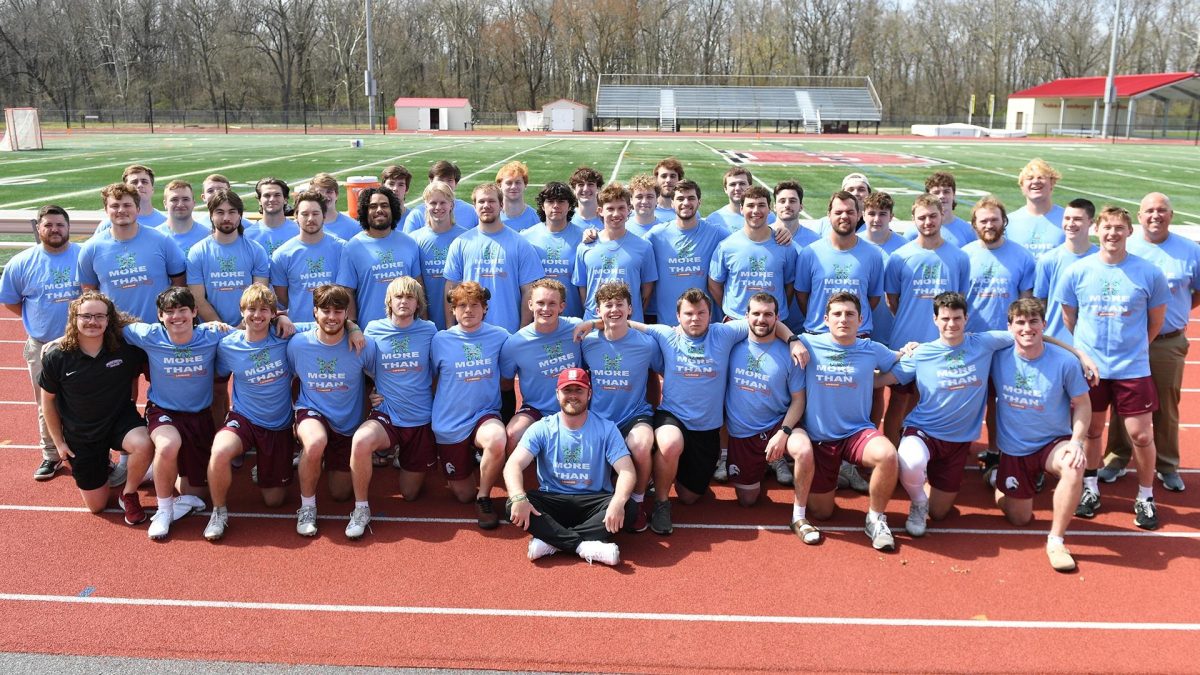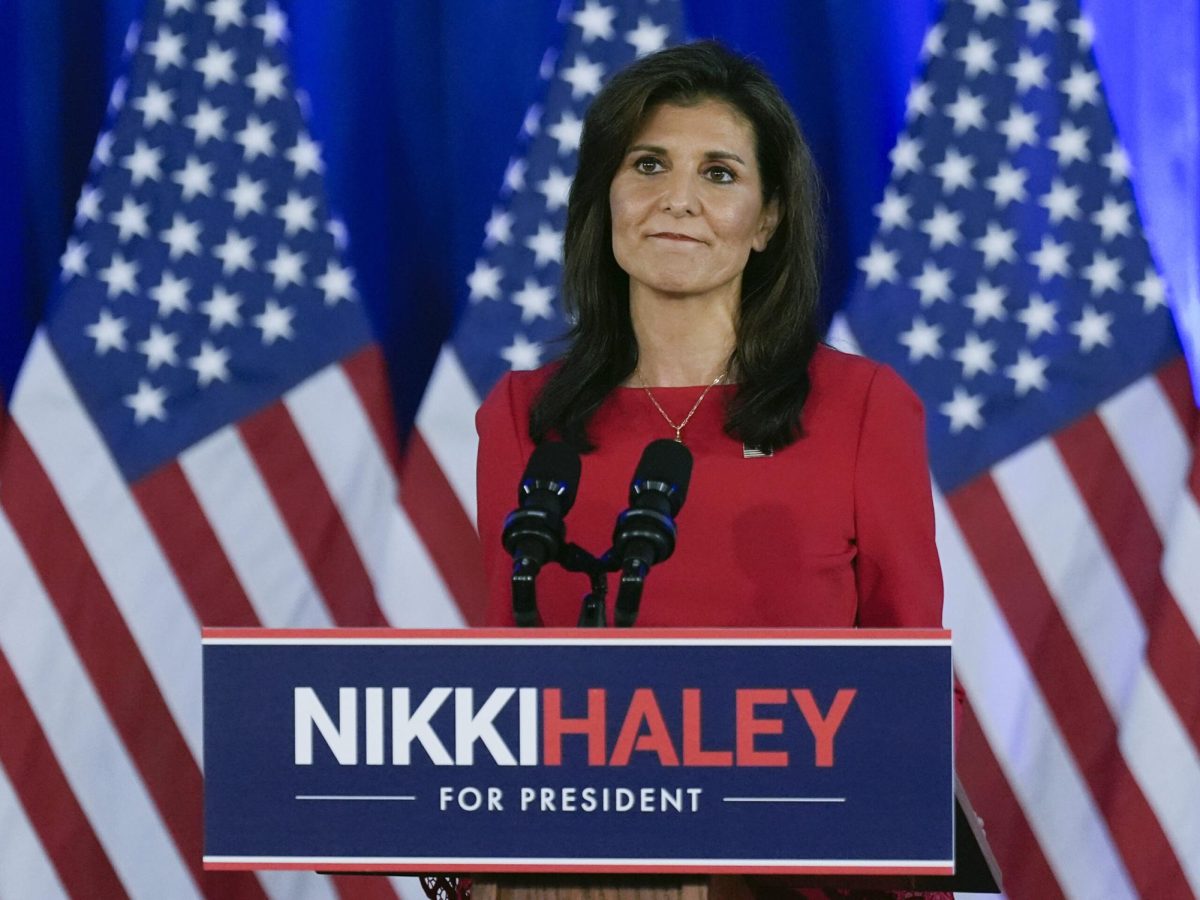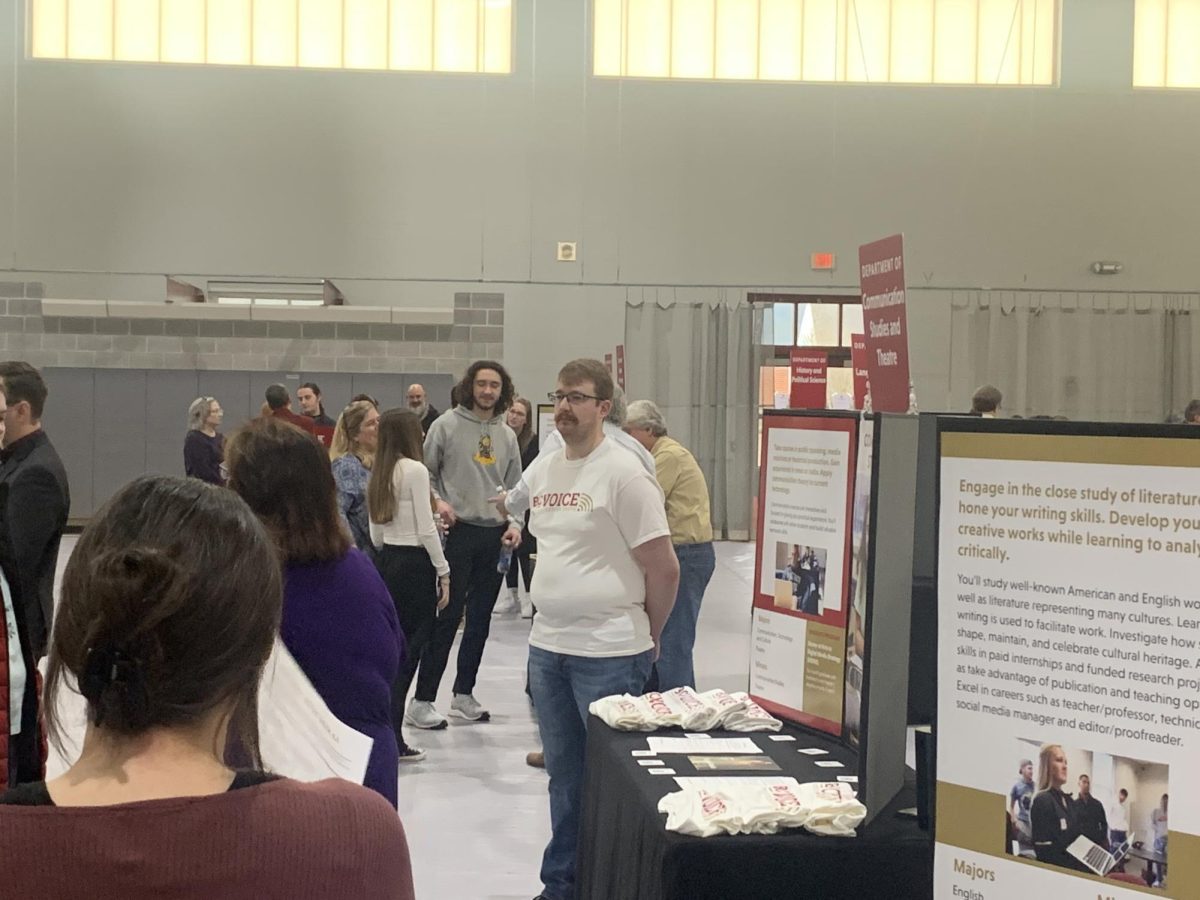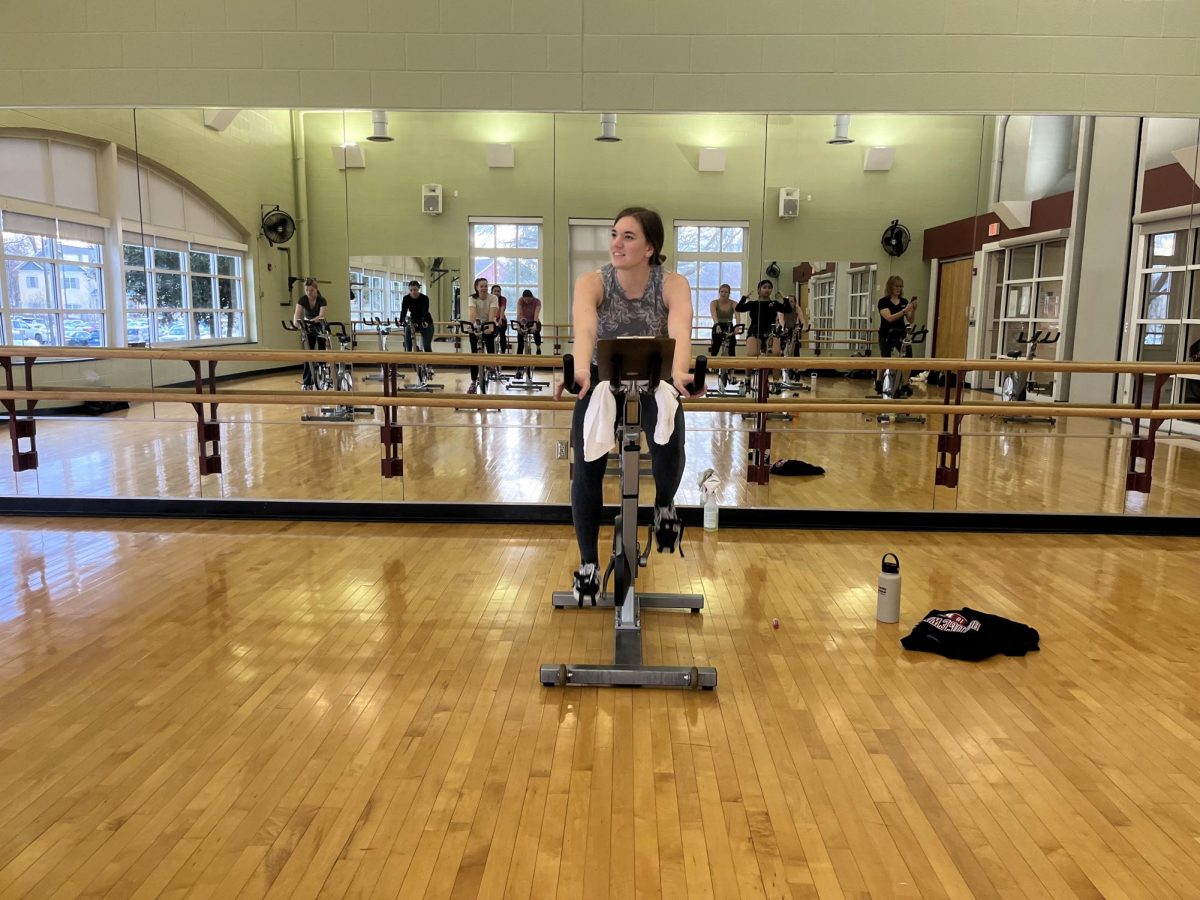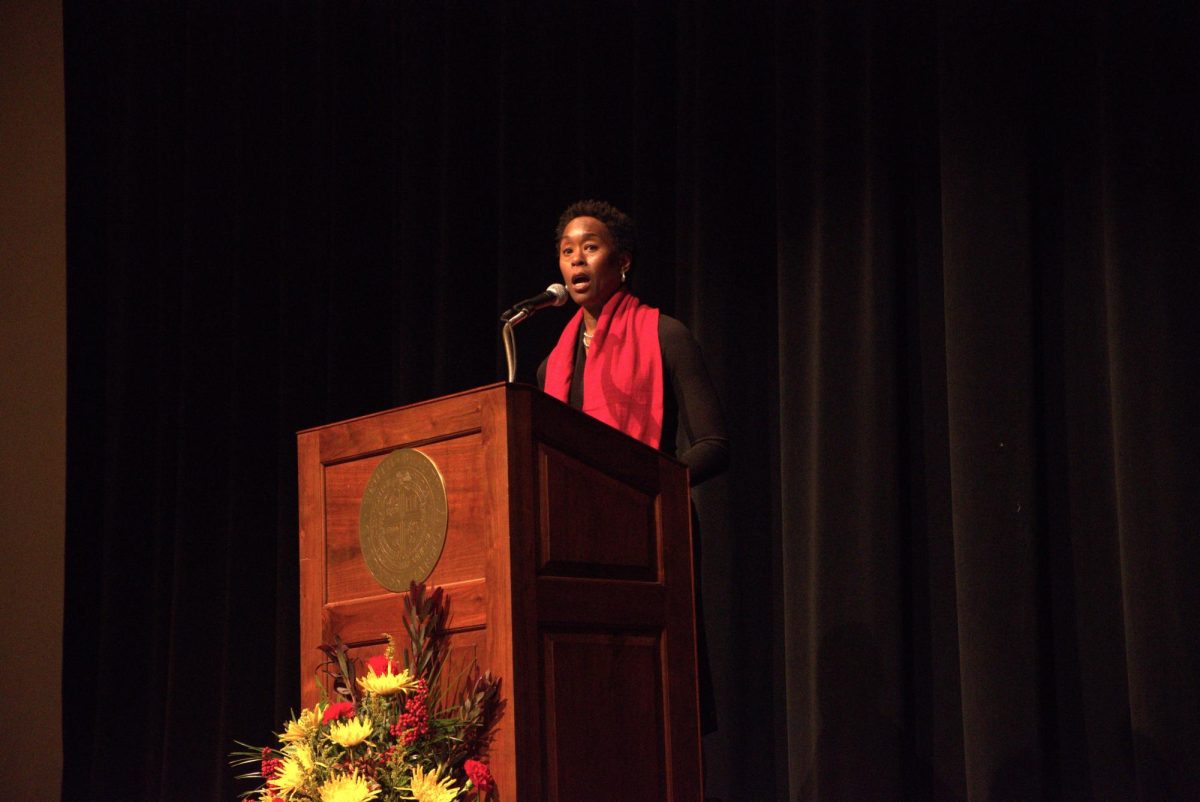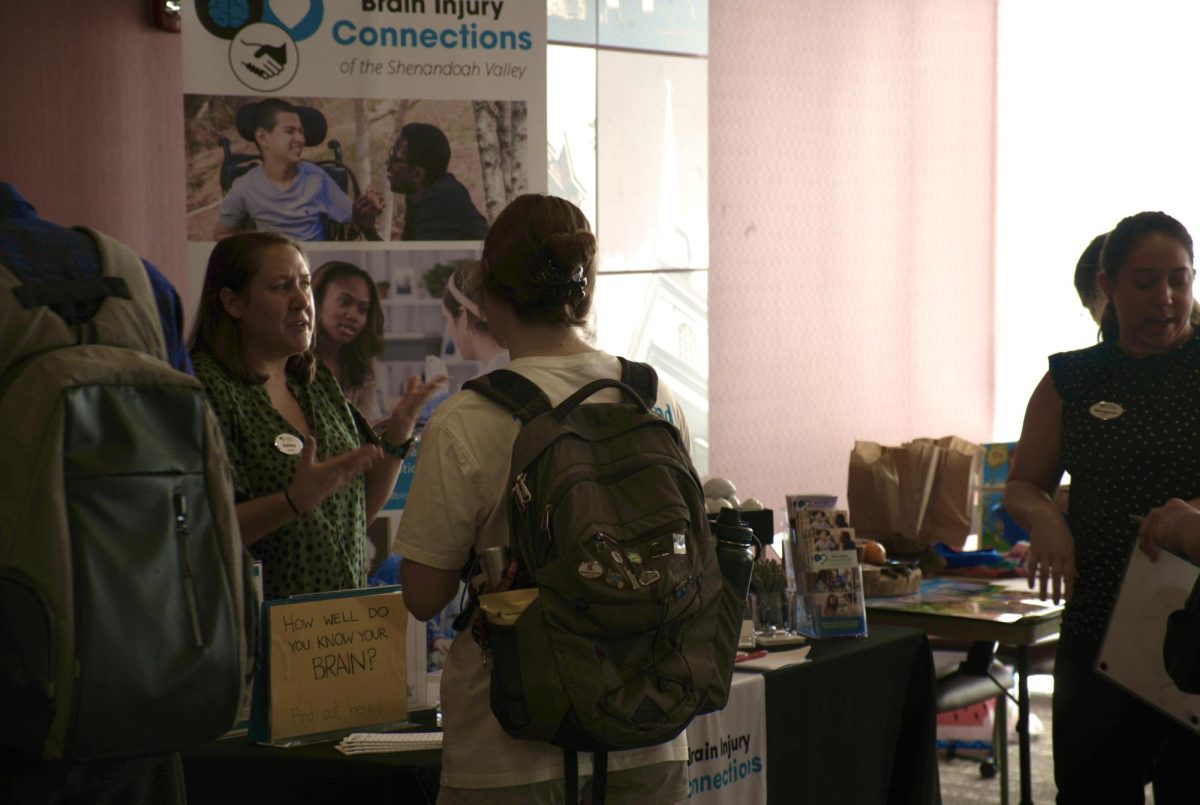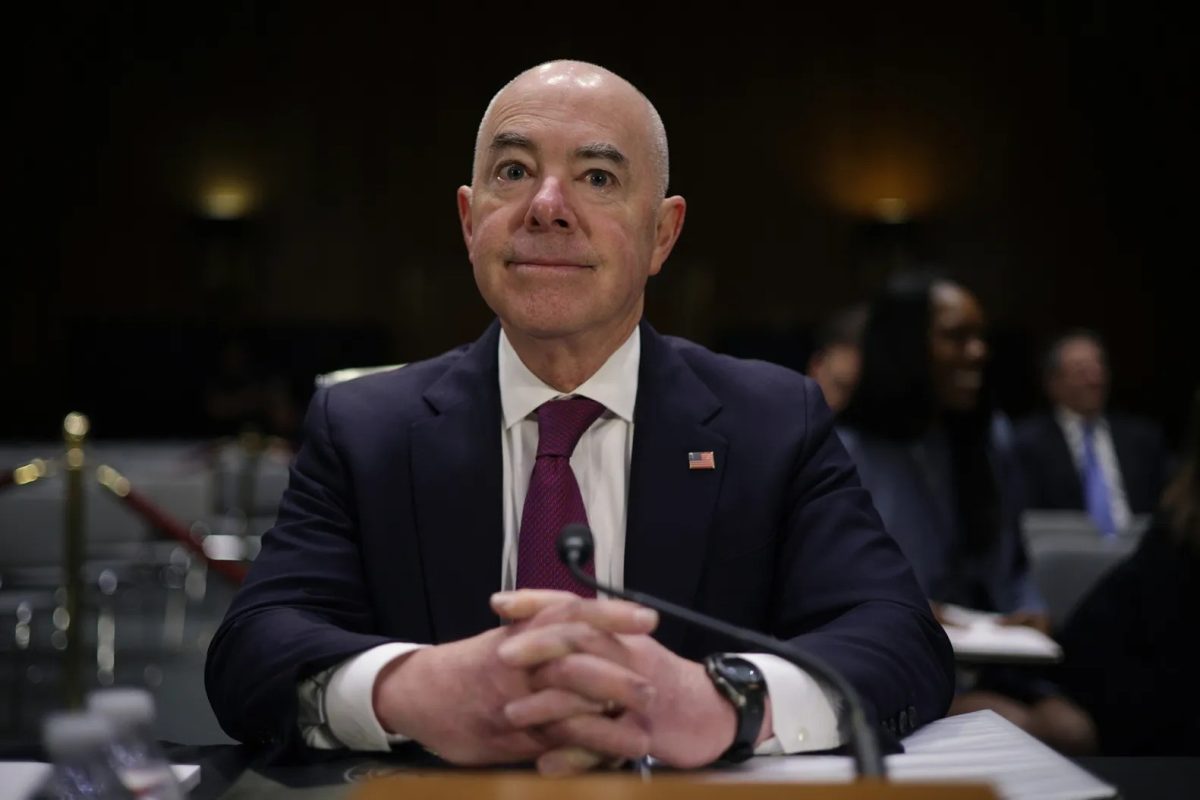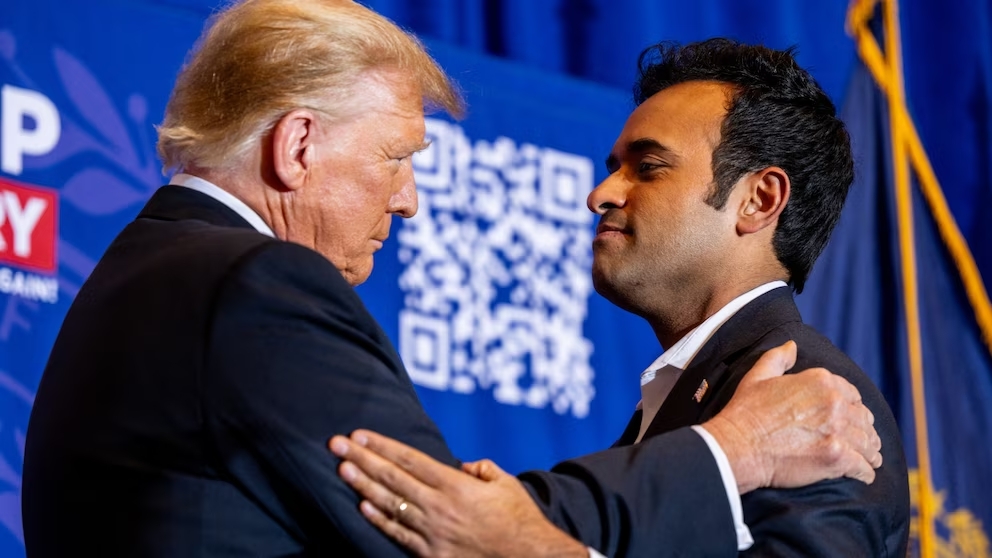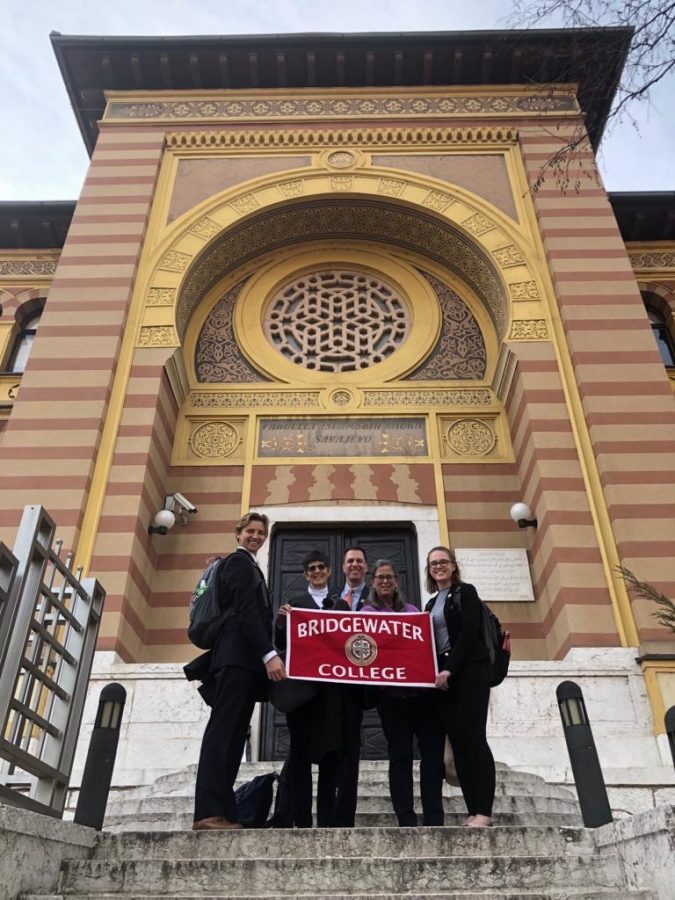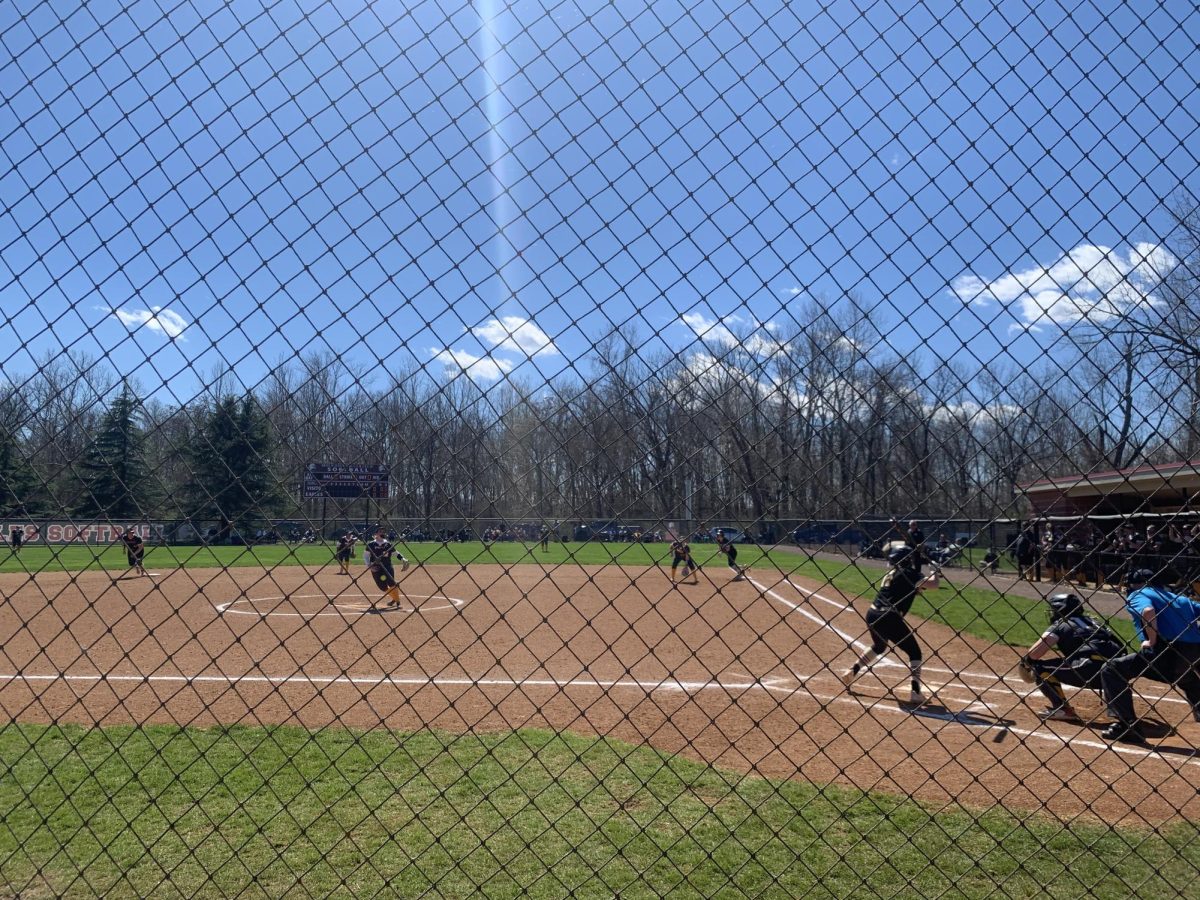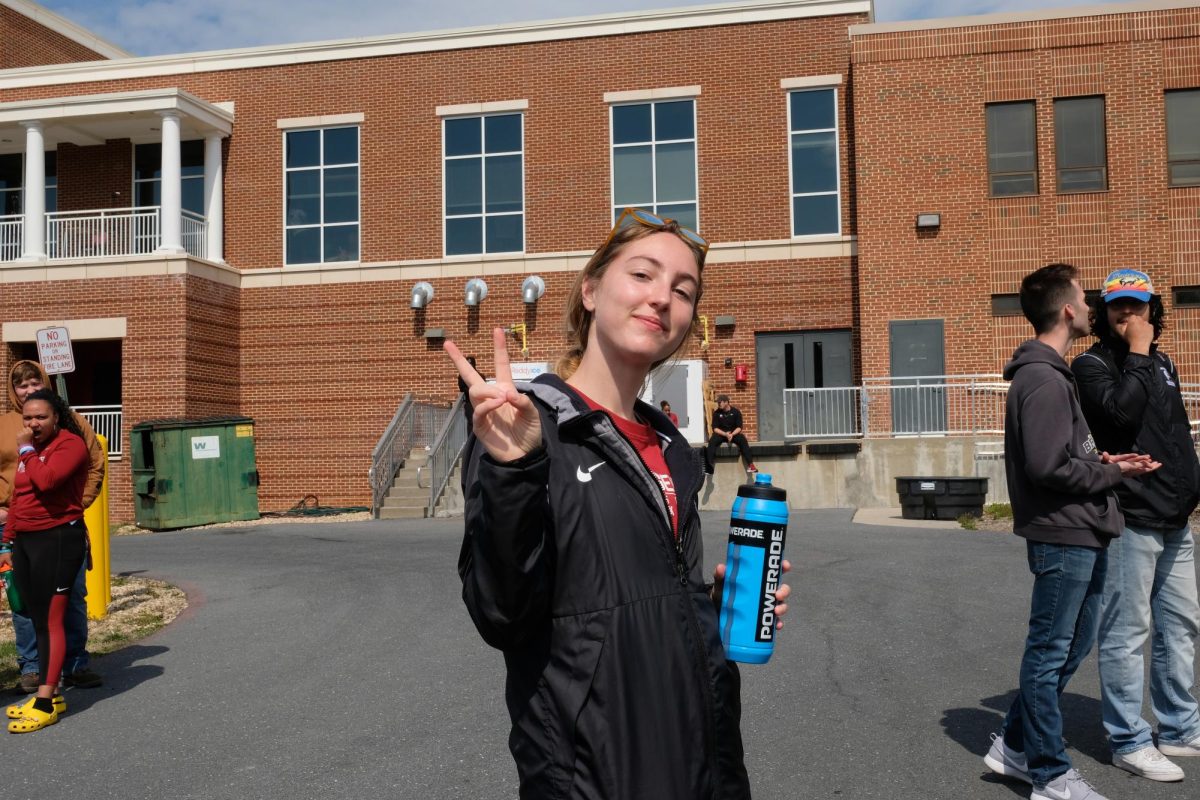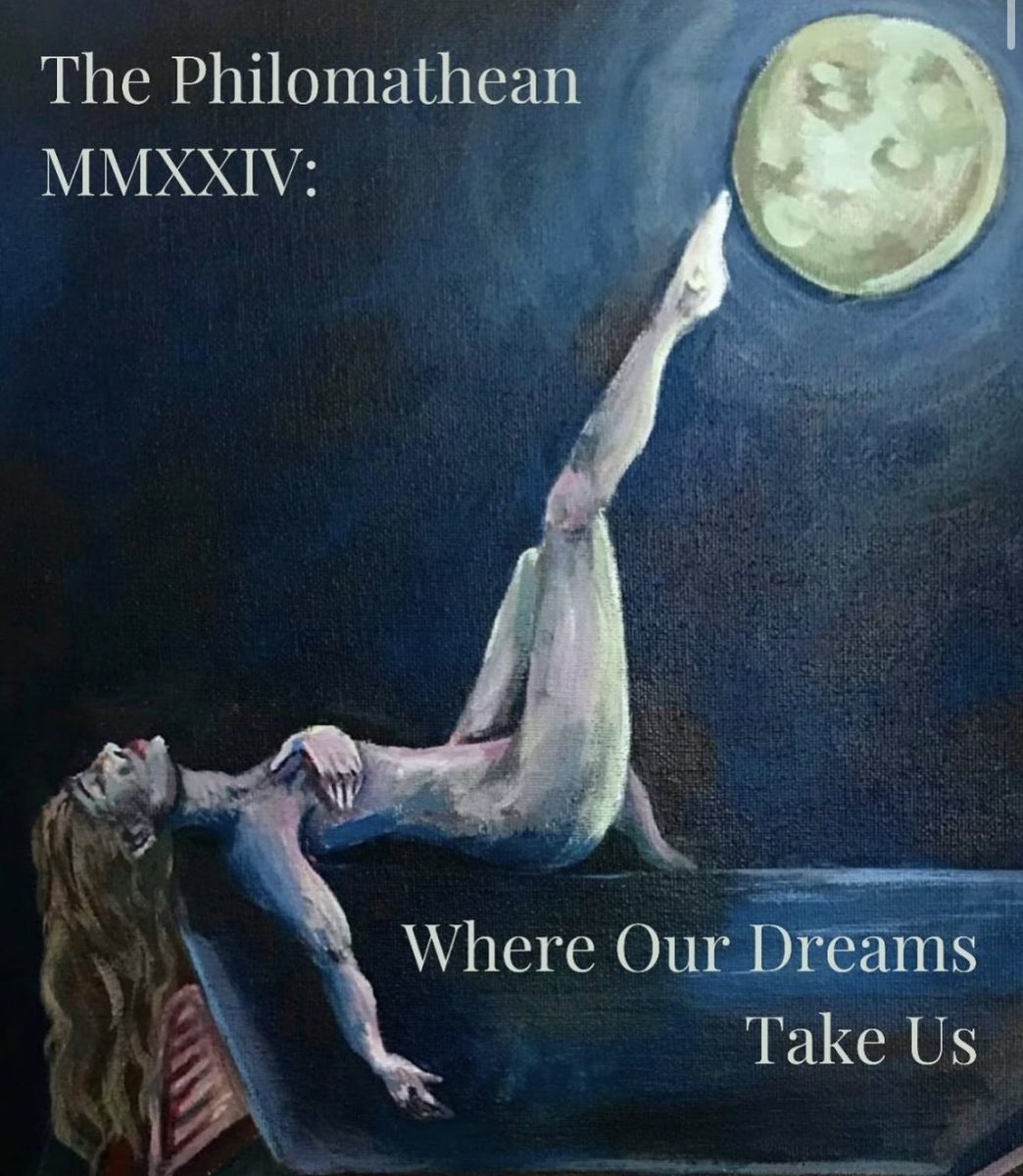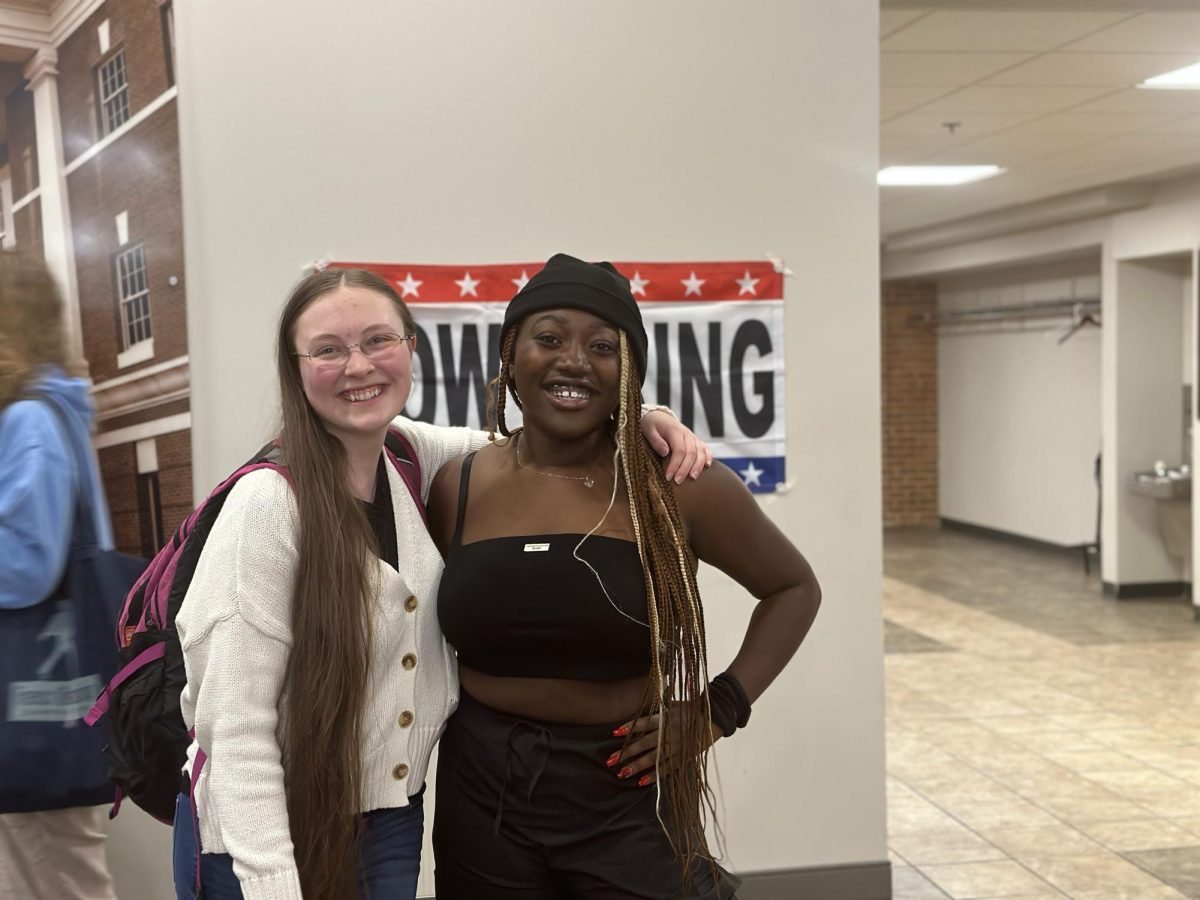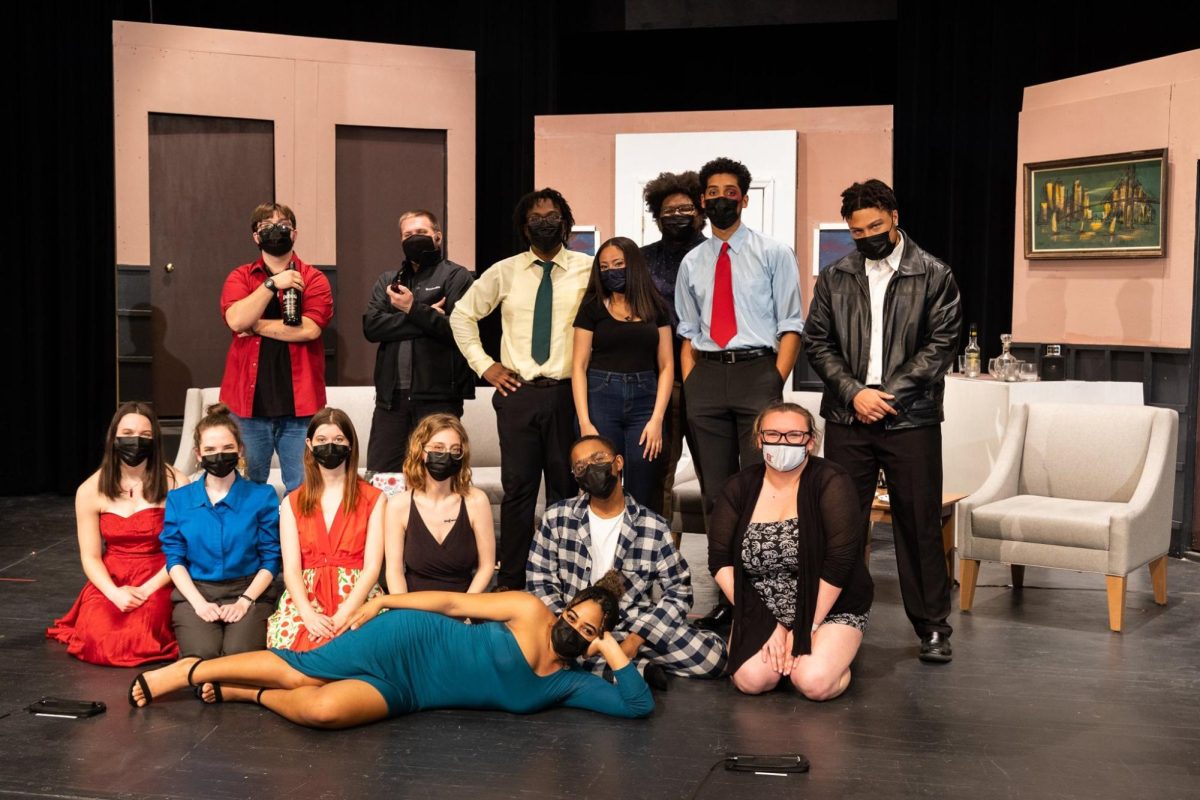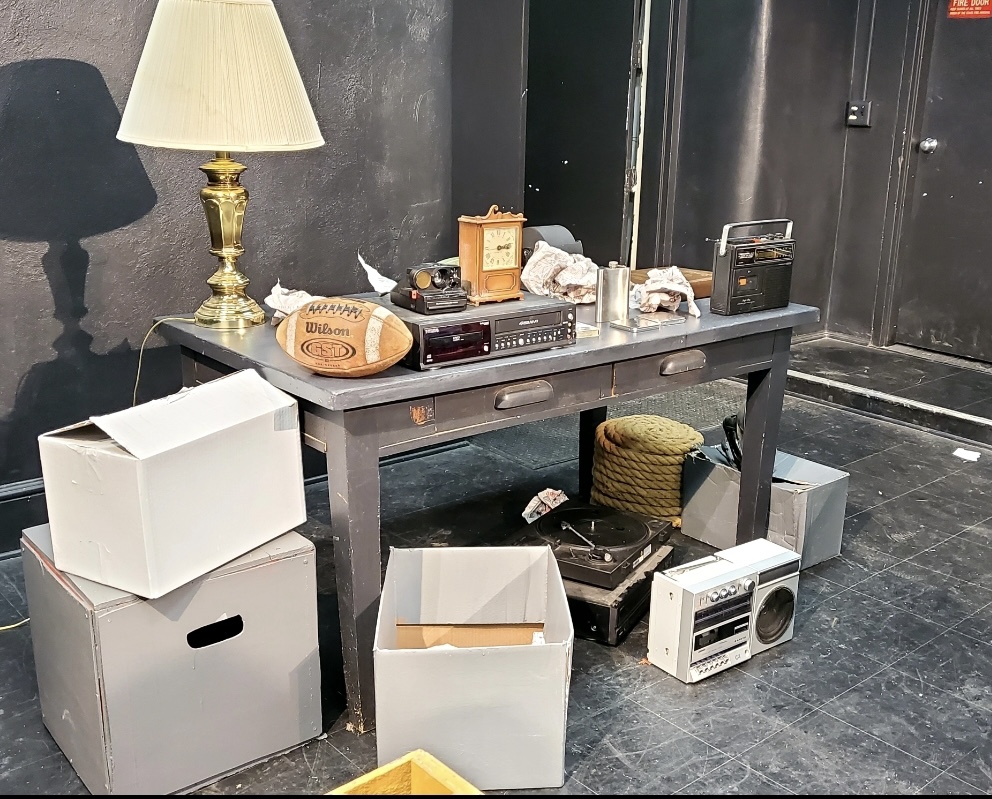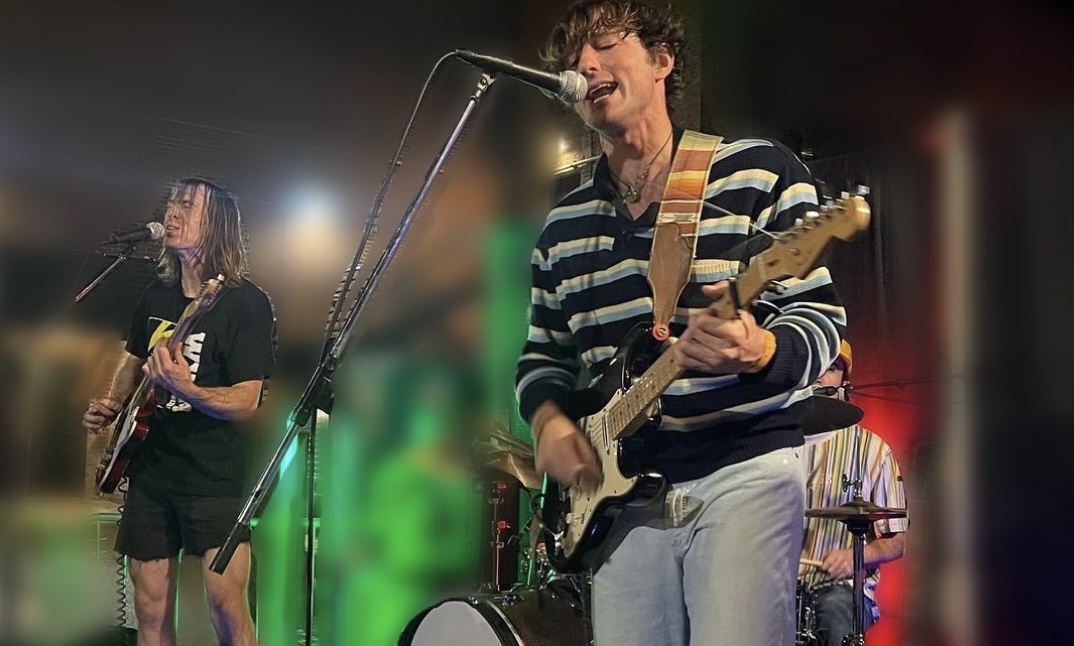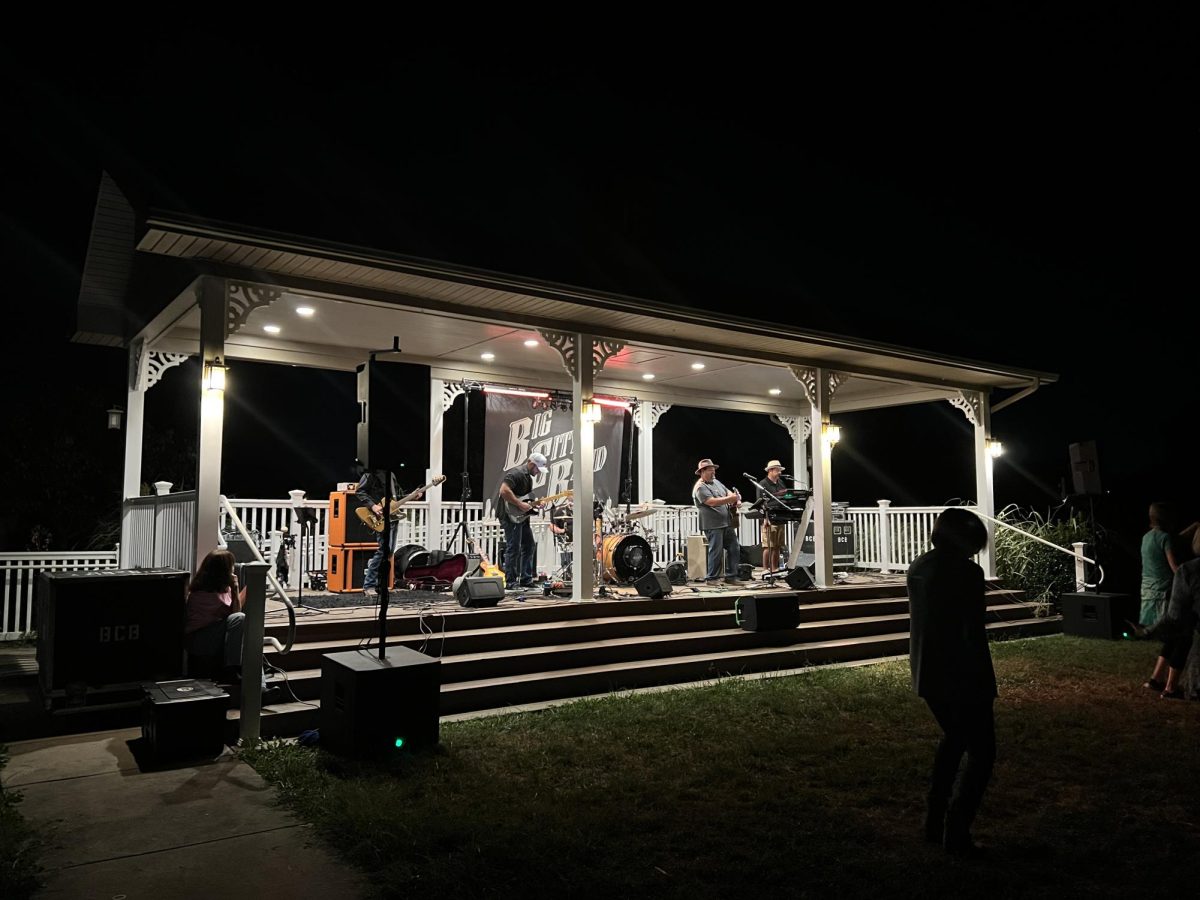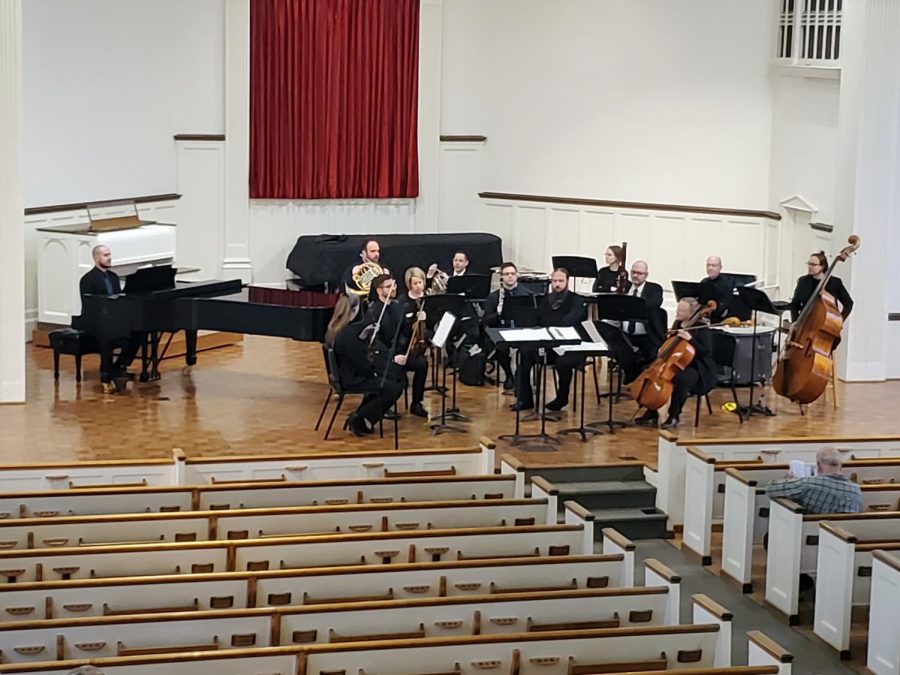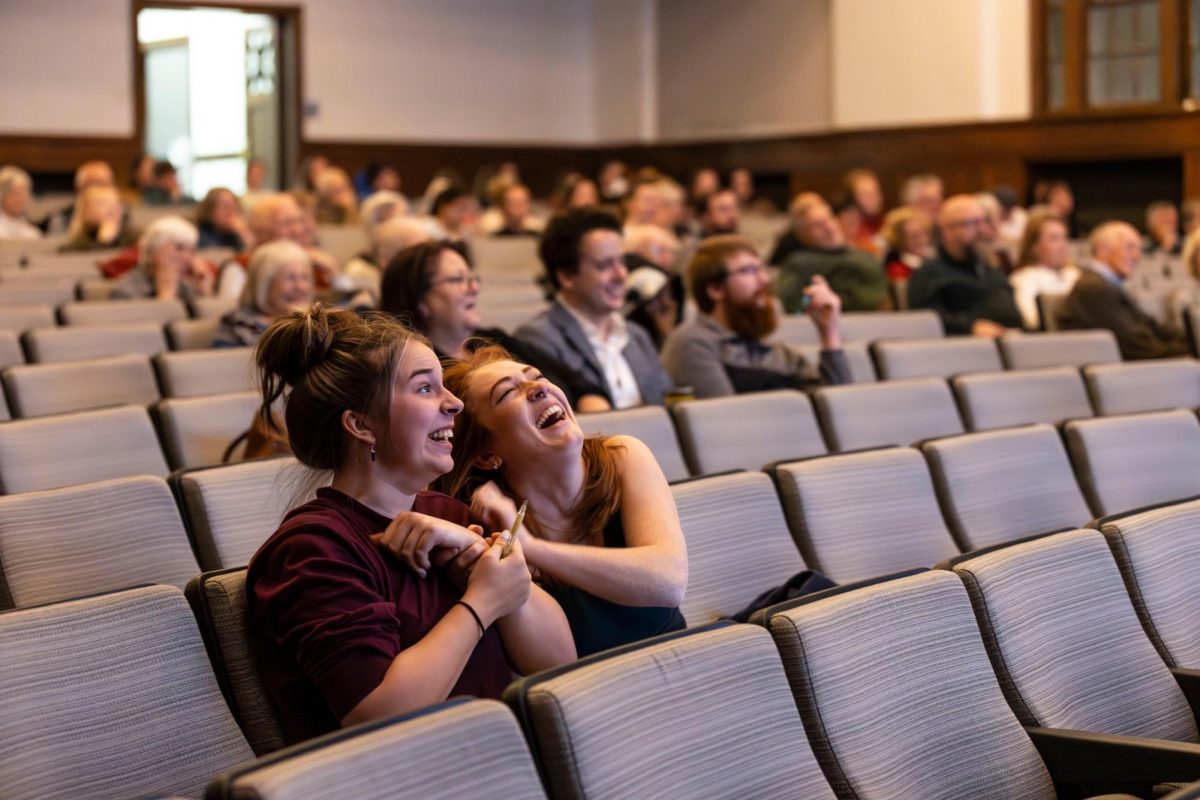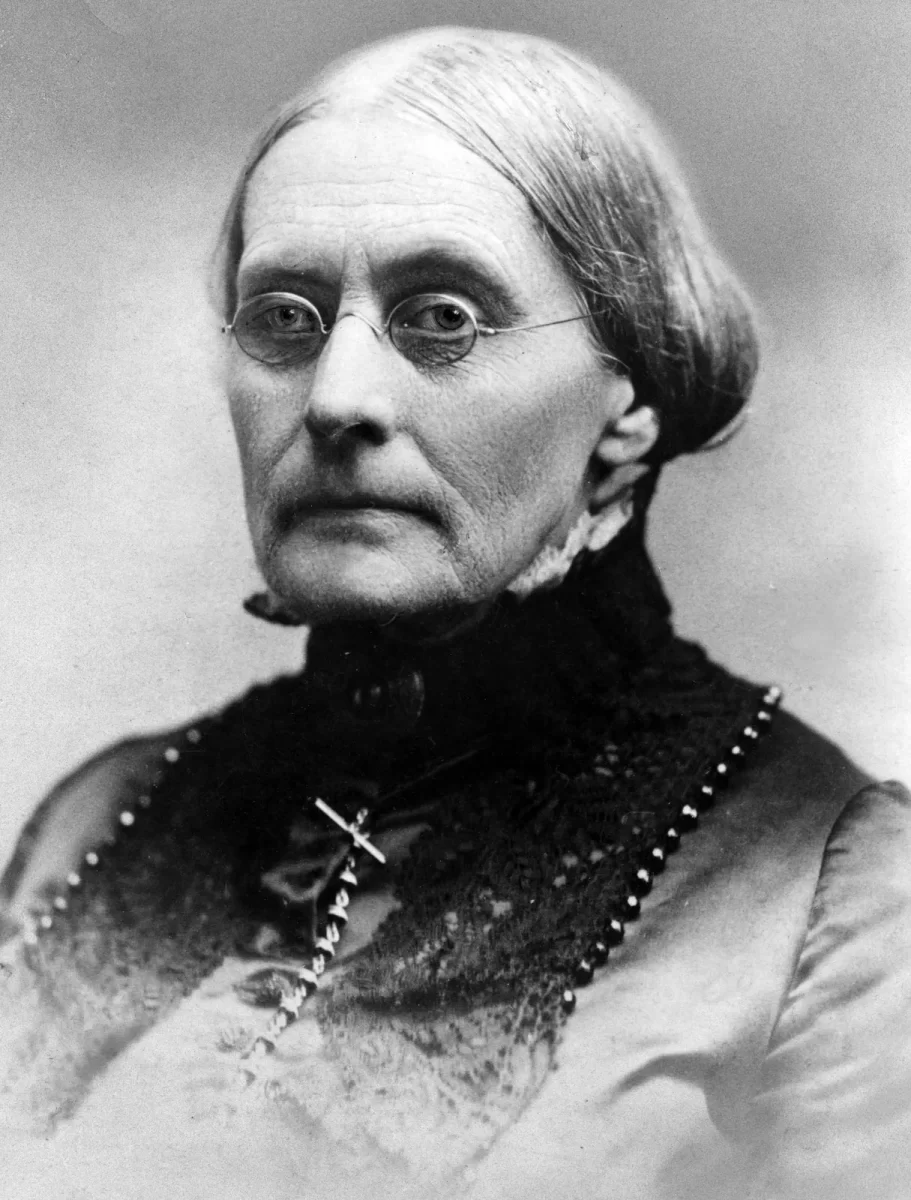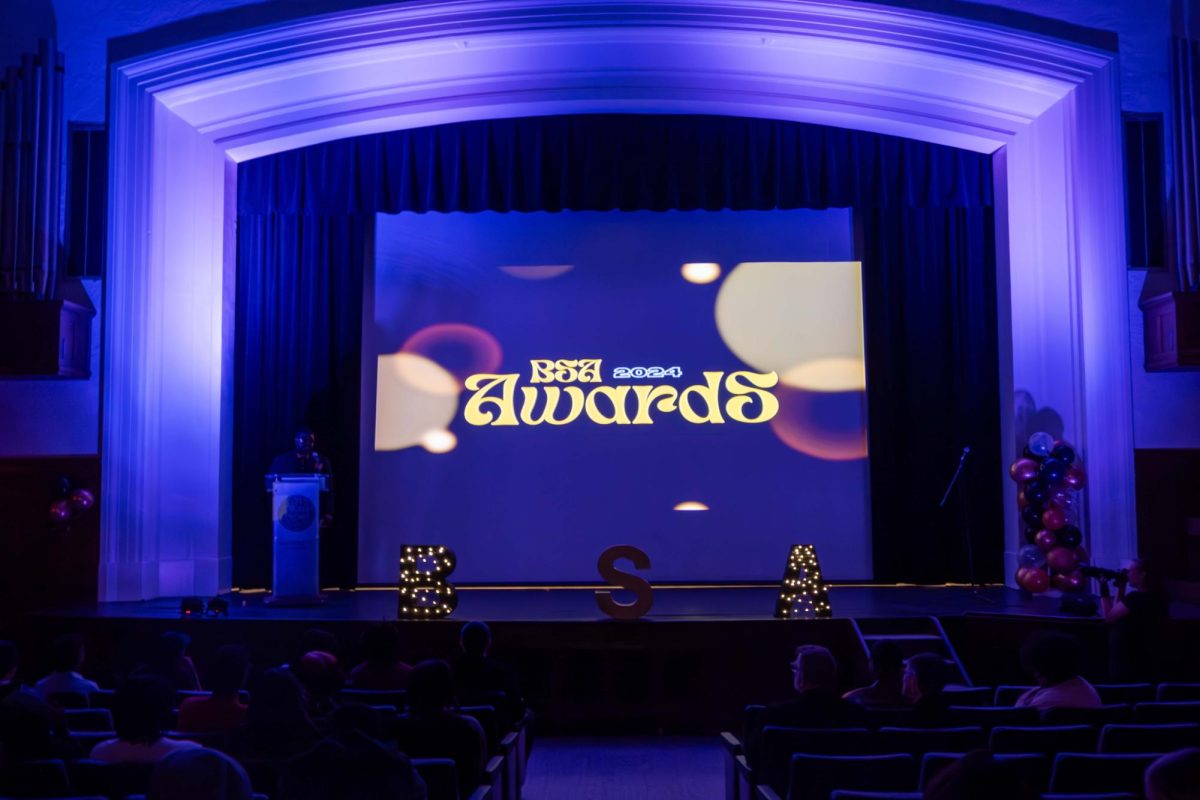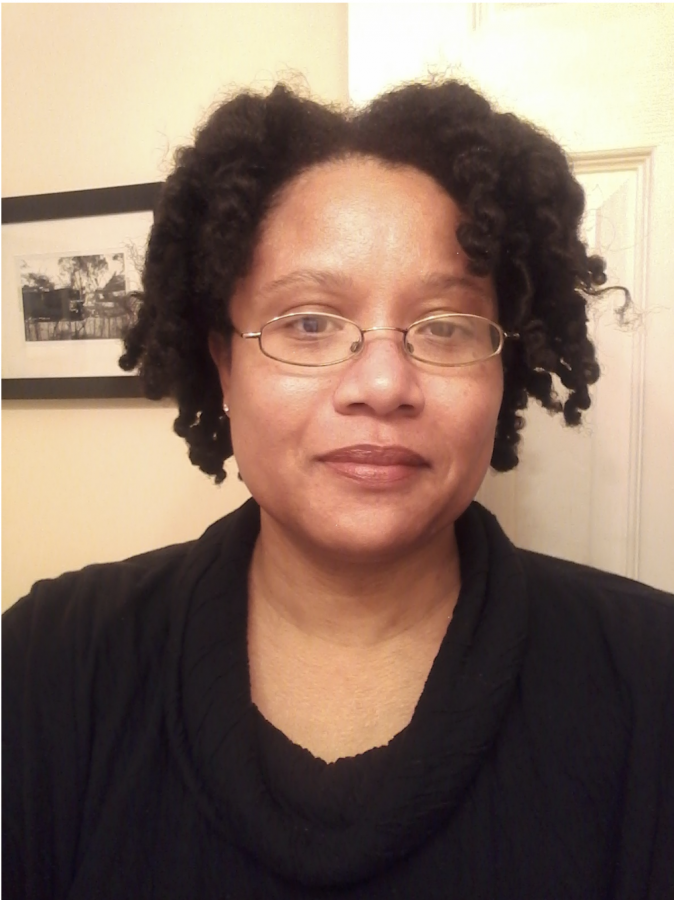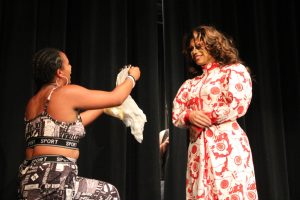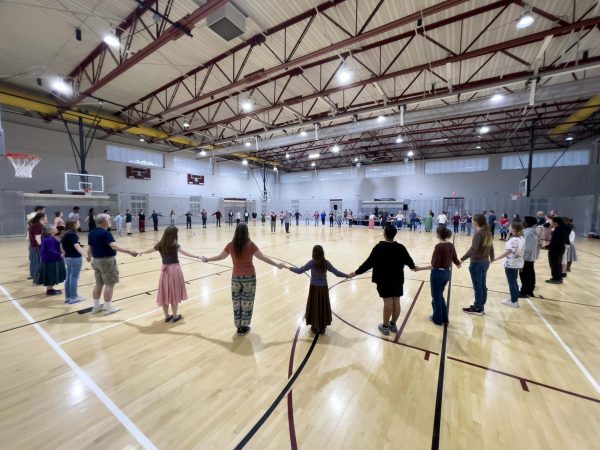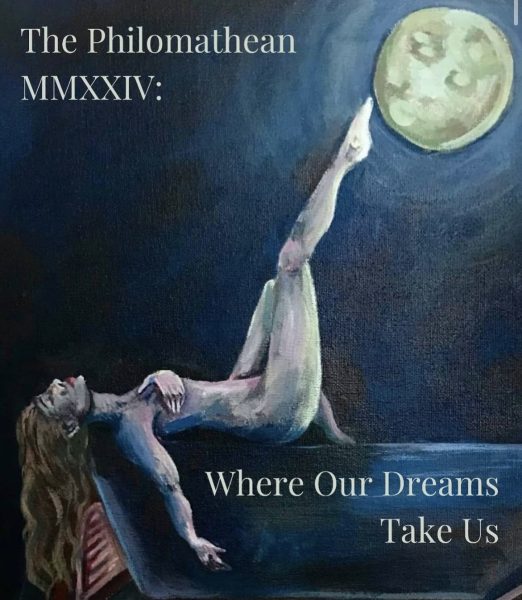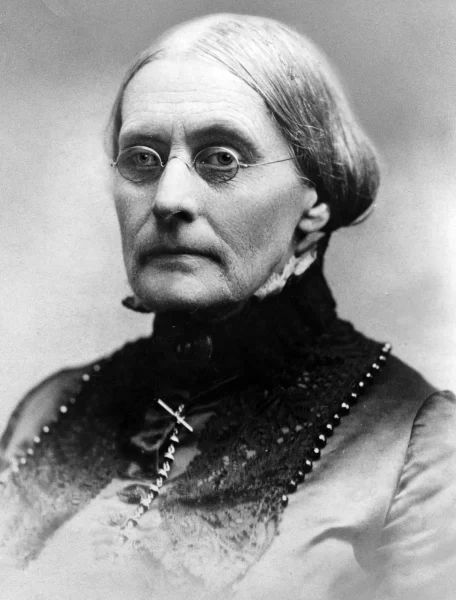What Matters to Me and Why
Dr. Hope Rias talks about Racism and her Passion for Education
On Wednesday, Sept. 11, 2019, Assistant Professor of Education, Dr. Hope Rias talked to faculty and students about how she faced racial segregation while growing up.
September 24, 2019
Bridgewater, Va — On Wednesday, September 11, 2019, Assistant Professor of Education Dr. Hope Rias spoke to faculty and students about how she faced racial segregation while growing up. This was part of a monthly series featuring different faculty members which is sponsored by the Office of Spiritual Life.
Rias addressed the audience, explaining how she attended high school in a suburb of St. Louis, Missouri, as part of a desegregation program.
In the classroom, teachers made it clear that they did not want African American students in school. After experiencing several racially-motivated fights, Rias knew that she did not want to stay in an environment that placed her in the racial minority.
From this experience, Rias became passionate about anti-racist teaching.
“I read about it, I write about it, I teach it, I lived it. I think as a nation we are better off when we can be productive and interacting with people who come from different backgrounds then we are,” she said.
Due to her experience in high school, she withdrew her letter of intent from a small liberal arts college which was predominantly white. She decided to go to Spelman College, a historically black college, in Atlanta, Georgia.
While she was there, she met Dr. Michael Gomez, a world-renowned history professor, who is currently at New York University. He was an inspiration to Rias because of the contributions that he made to his field and for his brilliance.
Rias stated, “I have never met a black person who had read that many books or who spoke so many languages or who was that level of an academic.”
In Gomez, she saw what possibility there was for somebody like her.
“I can’t say that my career has been like his; I think we have become very different. But he was my inspiration for even thinking about higher education because I just could see the influence that he had,” reflected Rias.
What she saw were college students who came into his classroom and then went off into the world and made their own contributions based on what they learned from him. “And I just thought that was an incredible responsibility that I wanted to follow in his footsteps,” said Rias.
Rias worked hard to prove herself to others who may have thought that she was inferior to them because of the color of her skin. She felt a duty to teach people that racism is wrong, so she addressed it by trying to improve herself.
When Rias was young, it was very important to her to win prizes and to be recognized because she thought she represented her entire community. She wanted to be acknowledged by other people for her hard work, but as she got older, she started to let go of that idea.
Rias likes Bridgewater College because she feels that the students have a lot of grit.
“Students in this community understand what is to work hard which is the value that we all share, said Rias. “Bridgewater College is a community that a lot of people are open to diversity, learning and growing.”
Rias ended her talk by sharing what she wishes young people to know: that a price has been paid because there were the generations of people who fought for her, and for all people of color, to have the opportunity to get an education. Somebody opened a door for her, and she has worked hard to open the door for somebody else.
She also wants young people to take their opportunities very seriously because this is a time when they have more opportunities than ever before. She wants this generation to have more joy in life, experience less pain than what they did and experience greatness because somebody else took the pain and the burden so that they can have the joy.
“I feel like in life, we do what we can to help people move forward. If we get recognition, we do, and if we don’t get recognition, we don’t.” said Rias.

